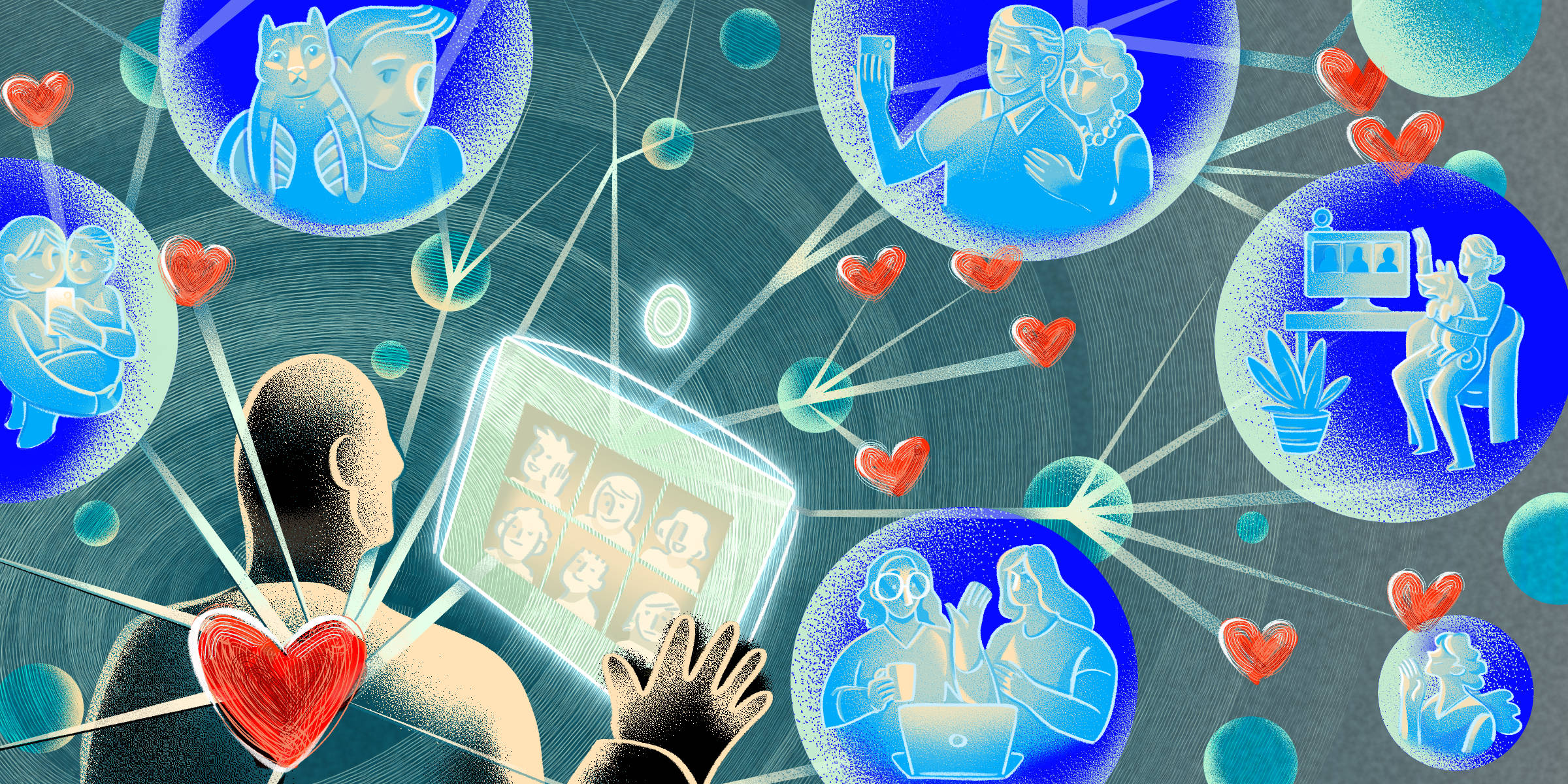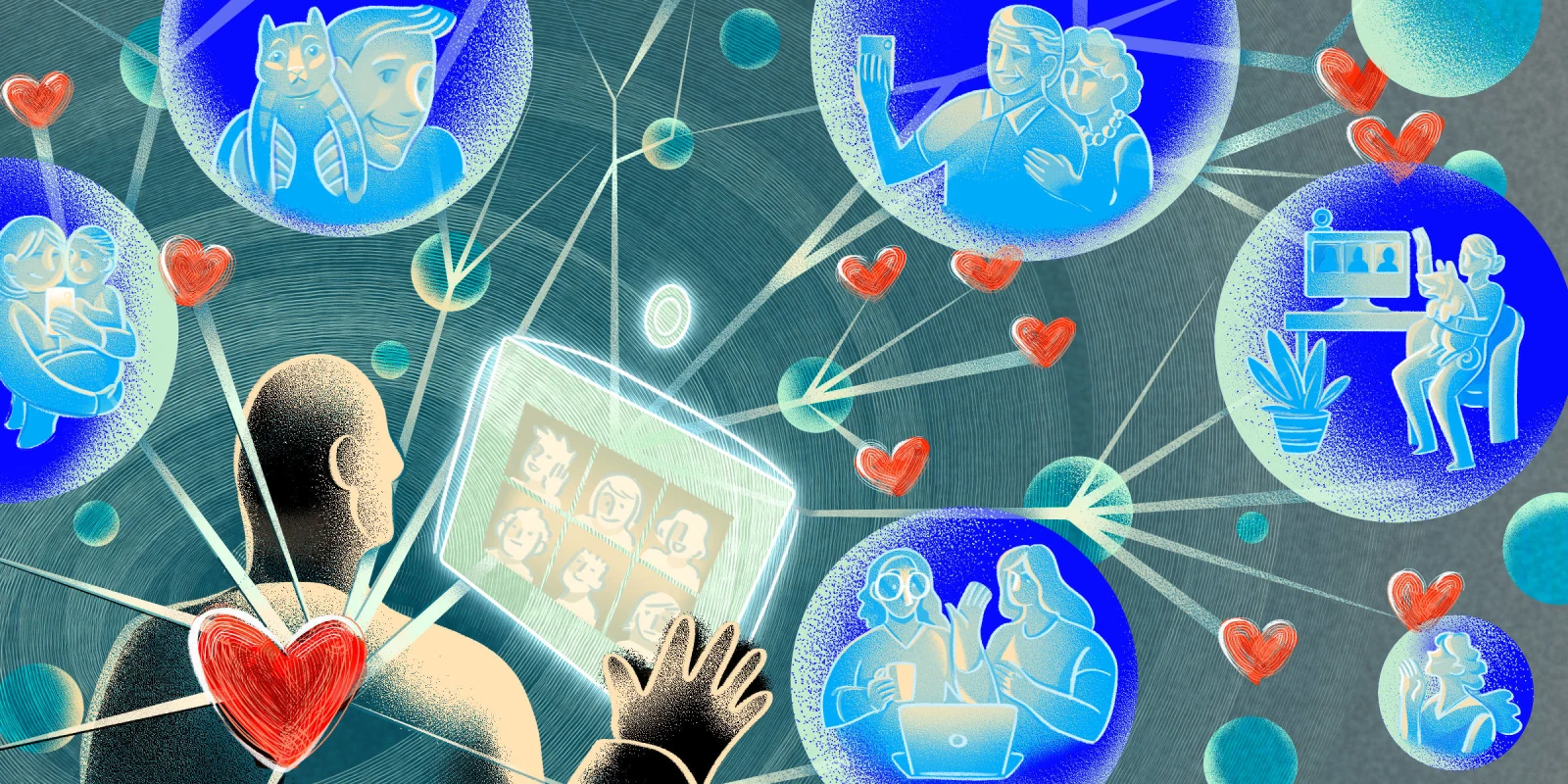
Throughout the ages, humans have dealt with periods of uncertainty. When uncertainties arise, the ability to cope is necessary for survival. The term “survival of the fittest” — although originally applied in Darwinian theory to refer to natural selection and reproductive success — is defined by the Merriam Webster dictionary as “the natural process by which organisms best adjusted to their environment are most successful in surviving and reproducing.” As a psychiatrist, the most important part of that definition to me is “best adjusted.” Thus, by extrapolation, survival of the fittest applies to the ability to survive when our environment presents situations that task us and this depends on our ability to adapt effectively.
On March 11, 2020, the WHO declared the COVID-19 a pandemic. The order to stay home gave rise to various levels of anxieties about the nature of the novel virus including its transmission pattern, associated symptoms, and fatality rates. Individuals and communities went berserk as they cleared out shelves at the grocery stores buying both essential and non-essential commodities. The possession of the toilet paper became the biggest predictor of disaster preparedness!
During this pandemic era and its aftermath, unpredictability is our new reality. As the infection rages, our sense of well-being is constantly challenged. Even as we cautiously start to re-engage in society, the fear of a resurgence as well as the drain (physical, mental, emotional, financial, etc) that we have suffered so far are ongoing issues we have to deal with. Therefore, we must rely on principles that have guided us during previous periods of uncertainty in our own lives. As we transition to a constantly changing new normal, we must also learn from others that have succeeded in similar situations and emulate the values that have guided them to success. In other words, we must groom ourselves for survival so that we can become one of the fittest.
I like to think that the fittest among us are those individuals with emotional competence assessed through their emotional intelligence. The dictionary defines emotional intelligence as “the ability to understand the way people feel and react and to use this to make good judgments and to avoid or solve problems.” A 2018 article from Psych Central opines that emotional intelligence is more important than one’s intelligence in attaining success in their lives and careers.
Emotionally intelligent people are aware that they are in a “once in a lifetime” situation. They understand that they have to stay positive, focus on what is important, learn what is known about the situation but still embrace what is unknown. They are not preoccupied by their problems, yet they have contingency plans for non-desirable outcomes. They know when to trust their instincts and yet they recognize their own limitations.
As we play various roles, we need to stay open to learning what we can about this novel virus while appreciating the fact that there is still so much more to learn. We must stay attuned to the constant changes as we make new discoveries and we must be prepared to adapt to these changes. We must stay resolute in our belief that there will be light at the end of the tunnel for life is meaningless without hope. We must spend time with loved ones while observing the guidelines of physical distancing. Social media and other modalities of communicating in the ultra-modern world have provided us with the tools to keep in touch and spend quality time while remaining at safe distances from each other. Our ability to stay connected boosts various aspects of our lives including our immune system which is a critical piece of being one of the fittest in this era.
Staying active has never been more important. Moderate to vigorous exercise is a necessity for fitness and a boost to our immunity. According to the HHS Physical Activity Guidelines for Americans, most adults should do at least 150 minutes to 300 minutes a week of moderate-intensity, or 75 minutes to 150 minutes a week of vigorous-intensity aerobic physical activity for substantial health benefits.
The experts have informed us that the medically fragile and vulnerable are susceptible to the most negative effects of the virus. Statistics of deaths among persons with underlying conditions fill our media. For those with pre-existing medical conditions, we need to take our prescribed medications religiously, observe stricter physical distancing measures and follow directives from our health care providers in addition to the general measures. For those considered generally healthy, we need to follow up with our routine health maintenance measures, eat healthy foods, get optimal sleep, drink lots of water and practice safety measures such as frequent hand-washing, avoiding touching our faces, wearing masks, and staying six feet away from others when in public places.
Research has shown that individuals with faith tend to have better outcomes in various domains of health status. The creation of meaning and purpose in one’s life is paramount in the drive towards survival and entails embracing what is important and aligning one’s behaviors with one’s values.
If we apply ourselves adequately to the above principles, we can make serious attempts at improving our well-being, health-related quality of life, and earn major scores on the emotional intelligence quotient — the hallmark of being one of the fittest. While we cannot predict the future, we stay rest assured that we are in the best position to take on whatever comes our way.
Click here to see more perspectives on COVID-19 from the Doximity network.
Click here for up-to-date news about COVID-19 on Doximity.
Illustration by April Brust







